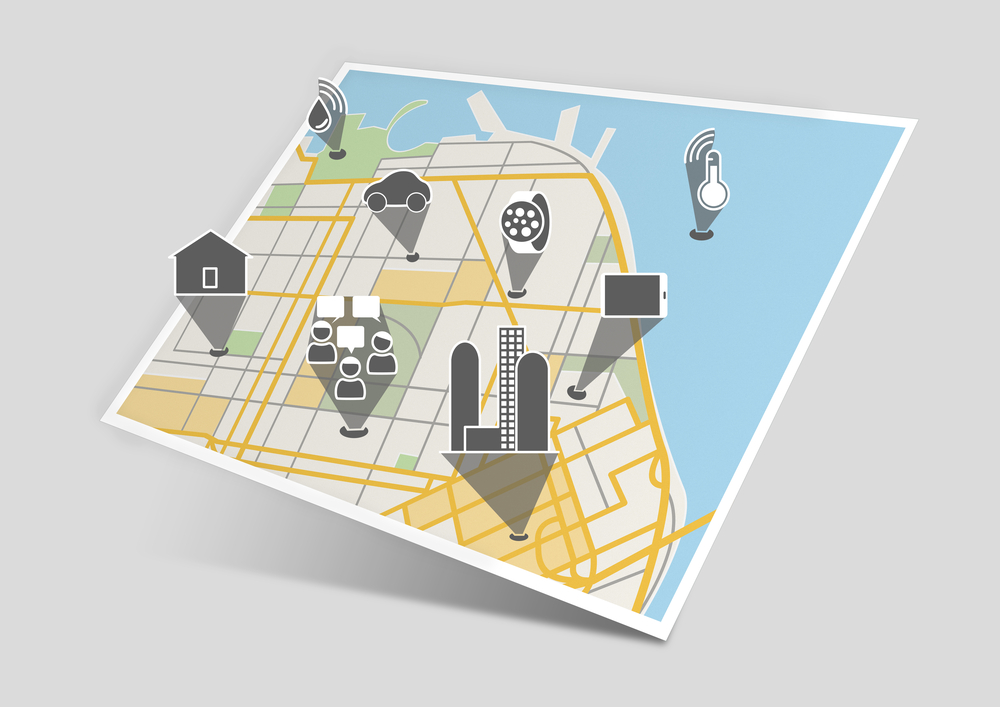internet of things big data
As we progress into the 21st century, the world of technology continues to usher us into the unknown. Big Data and the Internet of Things (IoT) are two of the most significant trends that have emerged in recent years. These two technologies have revolutionized the way we interact with the digital world, and how businesses operate in the global market.
Big Data and IoT: A Match Made in Heaven
As data becomes an increasingly valuable commodity in the digital age, the IoT has paved the way for a new era of data collection and analysis. The IoT is a system of connected devices that transmit data to each other over a network. This network allows businesses to collect massive amounts of data from a wide range of sources, which can then be analyzed to identify trends and create predictive models.
Big Data analytics focuses on the extraction of valuable insights from large amounts of data. By combining the precision of Big Data analysis with the vast store of data collected by the IoT, businesses are now able to make more informed decisions based on real-time data. This creates a competitive edge in the global market that is unmatched by traditional business methods.
The Benefits and Challenges of Big Data and IoT
The benefits of Big Data and IoT are numerous. Predictive models based on real-time data can allow businesses to optimize their supply chains, improve their marketing strategies, and target specific demographics with precision accuracy. The data collected by IoT devices can also be used to streamline operations and improve production efficiency.
However, Big Data and IoT also bring a number of challenges. One of the biggest challenges is data privacy and security. The vast amount of data collected and analyzed by businesses can contain highly sensitive information. As a result, businesses must take steps to ensure that this data is protected from cyber threats and other malicious actors.
Big Data Analytics in IoT
Big Data analytics plays a critical role in the success of the IoT. By analyzing the vast amounts of data collected by IoT devices, businesses can gain valuable insights into customer behavior, industry trends, and other key metrics. This information can then be used to optimize business operations and identify new revenue streams.
The Role of Cloud Computing in Big Data and IoT
Cloud computing has played an increasingly important role in the success of Big Data and IoT. The cloud provides a scalable, flexible, and cost-effective platform for businesses to store and process data. This allows businesses to take advantage of the vast amount of data collected by the IoT without the need for significant investments in hardware and infrastructure.
The Future of Big Data and IoT
The future of Big Data and IoT is bright. As technology continues to evolve, the use of these two technologies will become even more prevalent in our daily lives. Businesses that fail to embrace these technologies will be left behind in the rapidly changing digital landscape.
As we have seen, the combination of Big Data and IoT has created a powerful tool for businesses to gain a competitive edge in the global market. While there are challenges associated with these technologies, the benefits far outweigh the risks. As we move forward into the unknown, it is clear that Big Data and IoT will continue to play a critical role in shaping the future of business and technology.

Source image : www.dataversity.net

Source image : www.karmelsoft.com

Source image : thecustomizewindows.com


